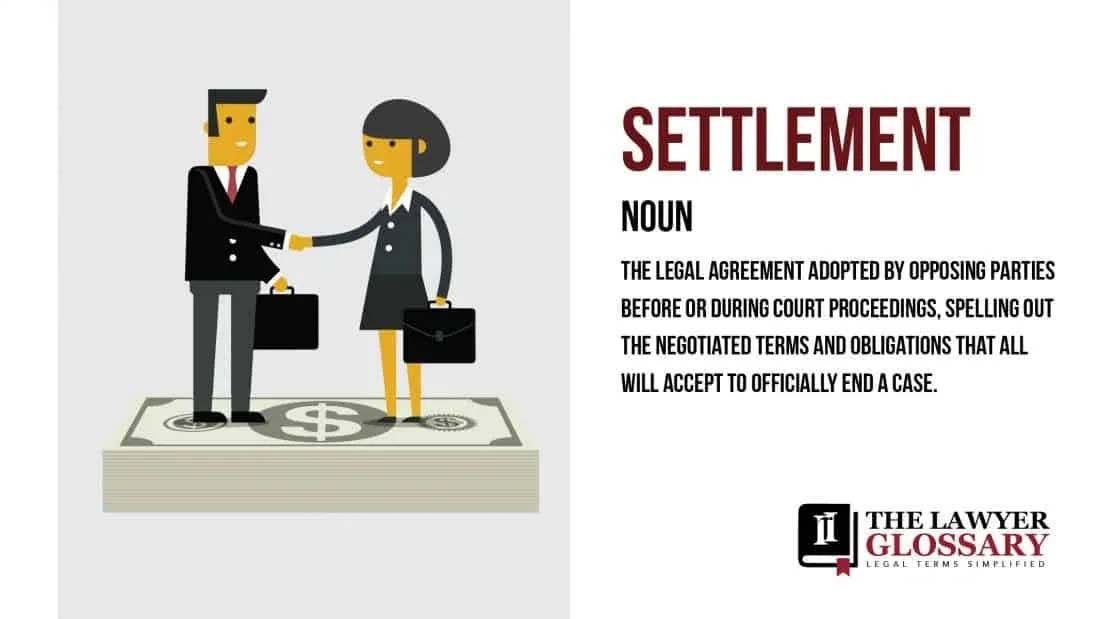Welk’s $5.5 Million Settlement amid Dueling Timeshare Lawsuits
Categories: Timeshare CompaniesJune 10, 2020
Views: 1,203

By Irene Parker
“Today, we are happy to have reached agreement on a resolution with the state of California and to have built one of the strongest and most transparent sales compliance programs in the timeshare industry. It’s important to note that no court has found that Welk Resorts violated the law, nor has the company admitted any wrongdoing.”
-Welk Resorts spokesperson June 3, 2020
Welk Resorts has agreed to pay timeshare buyers up to $5.5 million to settle claims of unfair competition, including $2 million in penalties and up to $3.4 million in restitution. The $5.5 million settlement is pending court approval. A court document filed May 29, 2020, in the Superior Court of the state of California, County of San Diego, on behalf of the People of the state of California, is for injunction, civil penalties and other equitable relief, describing allegations covering a period of time beginning January 1, 2011.
The defendant is the developer of the Welk Resorts Platinum Program. Among the allegations reported by hundreds of Welk Resorts timeshare buyers, and the subject of the settlement led by California Attorney General Xavier Becerra, are:
- The timeshare is real property and a real estate transaction;
- There is or will be a buy-back program;
- The timeshare will produce rental income;
- Misrepresentations about resale value;
- Misrepresentation regarding potential tax benefits;
- Misrepresentations regarding the existence of multiple levels of ownership;
- Misrepresentation regarding refinancing options.
https://oag.ca.gov/system/files/attachments/press-docs/Welk%20Complaint.pdf
The lawsuit lists two causes of action: The first is the violation of Business & Professional Code 17500 “False or misleading advertising” or omitting material facts. The second cause of action is in regard to allegations that Welk violated Business & Professional Code 17200 by committing unlawful, unfair or fraudulent business practices, including failure to disclose the contract rescission period.
In 2015, then Missouri Attorney General Chris Koster, entered into an agreement whereby Welk Resorts would pay $18,000 on behalf of 15 Missouri consumer victims.
A spokesperson for Welk explained, “For the past 4.5 years, Welk Resorts is proud to have maintained one of the strongest and most transparent sales compliance programs in the timeshare industry.”
A side note: Welk Resorts was one of my favorite resorts. Millennials may not know the name, but many of us old folks grew up listening to the beloved big band leader, Lawrence Welk, a descendant of German-Russian immigrants. He did not learn to speak English until the age of 21,
Welk did not admit wrongdoing. If timeshare developers deny any possibility of wrongdoing, change can’t happen. The allegations in the Welk investigation and settlement are common industry-wide. Lawsuits abound. The billable legal hours raked up is staggering. Who pays? Ultimately, it is the consumer.
Related Articles
In 2016 Festiva Timeshare agrees to $3 Million Settlement – State of Tennessee
“According to complaints reviewed by the Tennessee Attorney General’s Office, consumers were misled into believing they had won or been selected for a valuable prize, but to claim the prize, had to comply with many undisclosed requirements including a lengthy, high-pressure sales presentation,” the state said. “Once consumers purchased their vacation or timeshare products, they learned the vacations were different from what was promised at the sales presentation or during the telemarketing call. Onerous rules and terms allegedly made the products difficult to use, and desirable vacation locations were difficult to book because of unavailability.”
In 2017 Arizona Attorney General Mark Brnovich fined Diamond Resorts $800,000 and issued an Assurance of Discontinuance
The State has received hundreds of consumer complaints against Diamond Resorts. Consumers complained that Diamond used deceptive sales practices and made numerous oral misrepresentations and false statements during timeshare sales presentations. Some of the alleged misrepresentations are related to:
- Annual increases in maintenance fees;
- Membership resale and buy-back programs;
- Timeshare membership resale market;
- Ability to rent timeshare vacations; and
- Discounts on other travel needs.
In 2016 the Consumer Financial Protection Bureau launched a two year investigation into Westgate’s sales practices.
On Friday, BuzzFeed News reported that the Consumer Financial Protection Bureau is looking into the sales, marketing, and financing practices of Westgate Resorts, the country’s largest privately held timeshare operator.
The investigation was dropped shortly after the 2016 presidential election.
The Manhattan Club $6.5 million settlement
The settlement, the largest in recent history for the (New York) AG’s Real Estate Finance Bureau, will go to restitution for owners who were allegedly tricked out of their money.